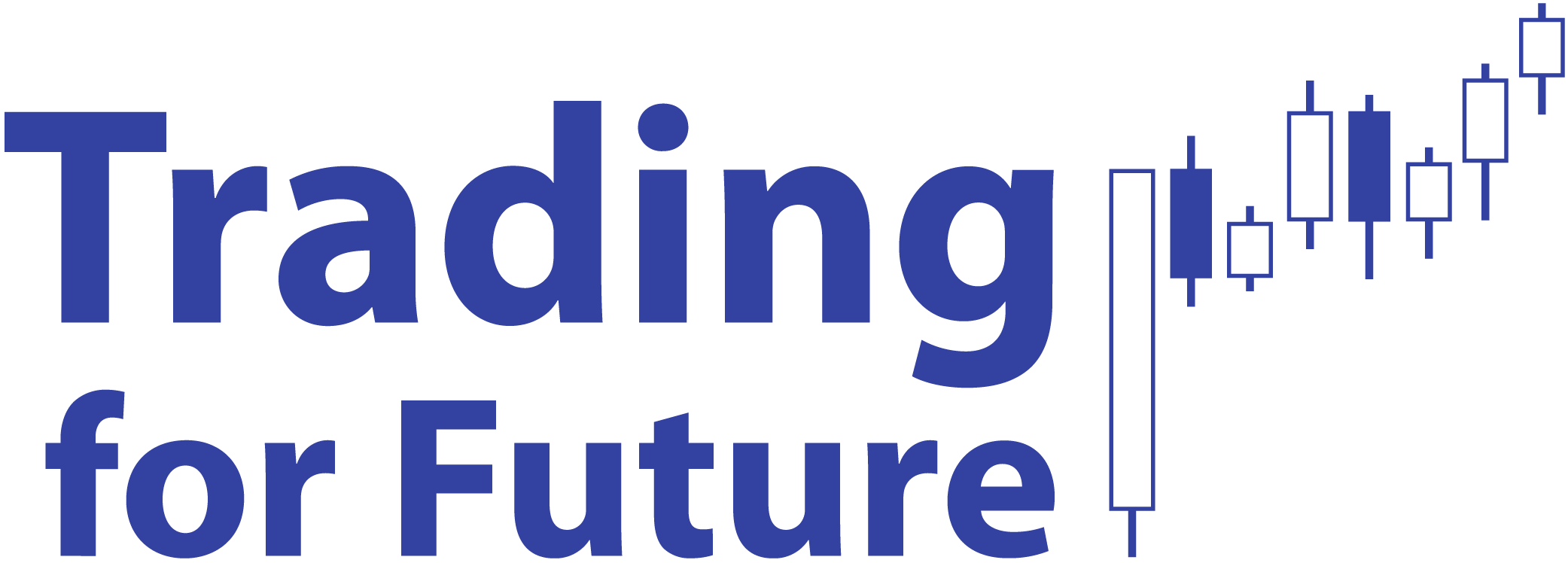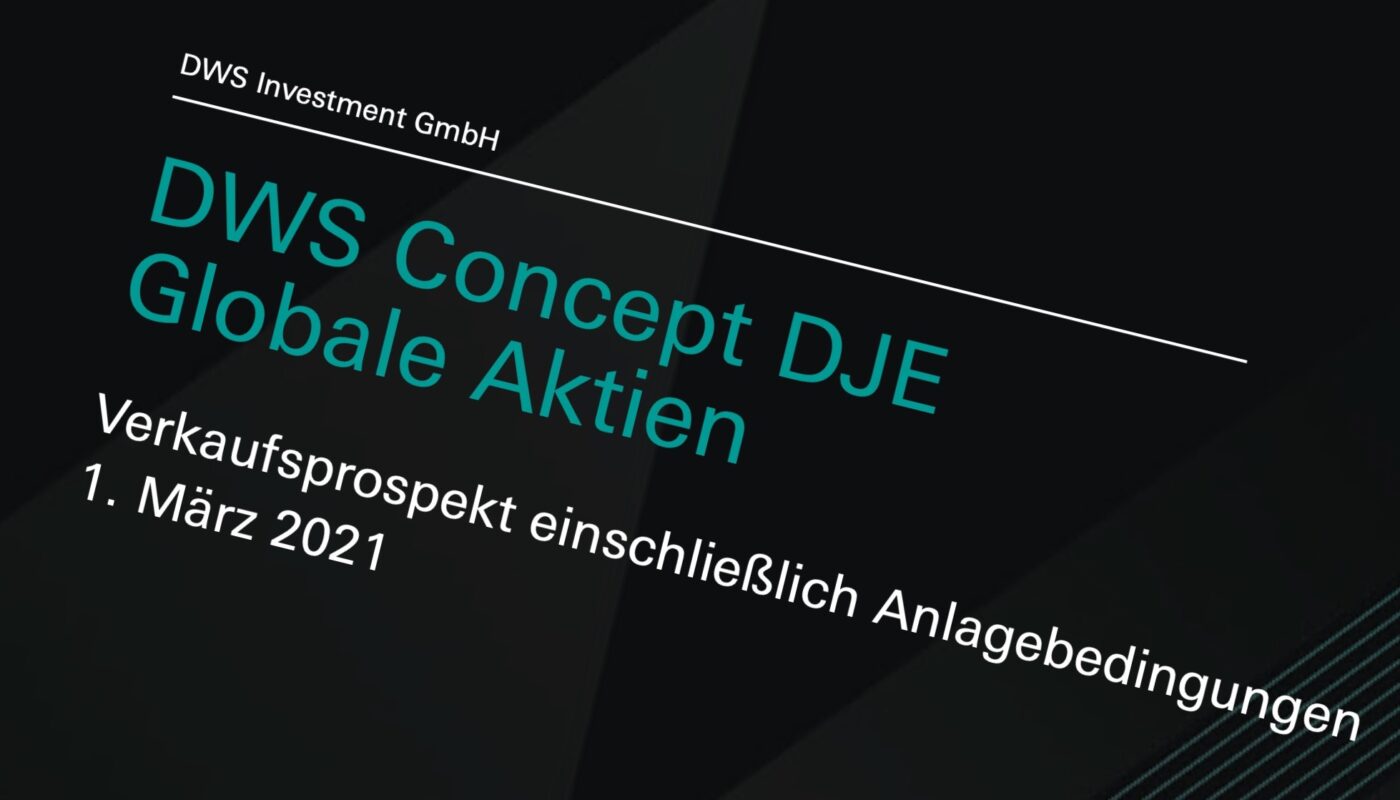Financial advisors who finance themselves primarily through commissions when brokering financial products can breathe a sigh of relief: EU Financial Market Commissioner Mairead McGuinness recently backed down from her original plans to impose a strict ban on commissions for financial advice. Such a ban would have meant the end for around 300,000 financial intermediaries in Germany – above all bank and investment advisors such as DVAG, which in 2021 alone generated sales of around EUR 2.2 billion through customer commissions.
In fact, however, the commission ban is not entirely off the table for McGuinness. The basic problem that advisors who receive a commission for product brokerage would not be able to provide independent advice and, as salespeople, would come into a conflict of interest with the actual customer, would continue to exist. The proposal for a new legislative package, which was presented at the end of May, should therefore be seen as a cautious introduction to a commission ban.
More transparency and better advice
As a first step, advisors and sellers of financial products should no longer receive any commission on non-advisory brokerage. Above all, the Commission wants to enforce that asset and bank advisors disclose in the future how much commission is actually paid to the advisor for the brokerage in order to create more transparency. In a third step, the supervisory authorities are to develop new test criteria that oblige advisors to examine individual customer needs more closely in their interest before brokering. This should make it possible to provide better, individualized advice.
In fact, the commissions that accrue when taking out life insurance, fund savings plans or home savings contracts are later lost by the investor. Anyone who saves for decades loses a lot of money, especially after the end of the investment period, or must first recoup the costs incurred, which is not exactly easy with an average market return of around 7% per year and issue premiums and performance fees of around 3 to 5%. But acquisition fees also have to be recovered from the financial product sold.
Much more serious is the fact that commission-financed financial advisors cannot act independently, but often sell the products that are either prescribed by the principal bank for reasons of turnover or simply pay the advisor the highest rates. There is a conflict of interest. The only remedy is fee-based consulting, for which, however, a large sum must also be paid.
Personal responsibility remains the best
We have already discussed the impact of transaction, administration and closing costs on long-term retirement planning several times in this blog. Our recommendation remains to take your own finances into your own hands and make yourself independent of others. Until then, the Commission’s proposal will have to be further deliberated by the Member States and the EU Parliament. For the time being, however, nothing will change for the small investor and the financial sellers.
- Barghoorn, Kolja (Author)
Letzte Aktualisierung am 2024-07-22 at 07:02 / Affiliate Links / Bilder von der Amazon Product Advertising API







